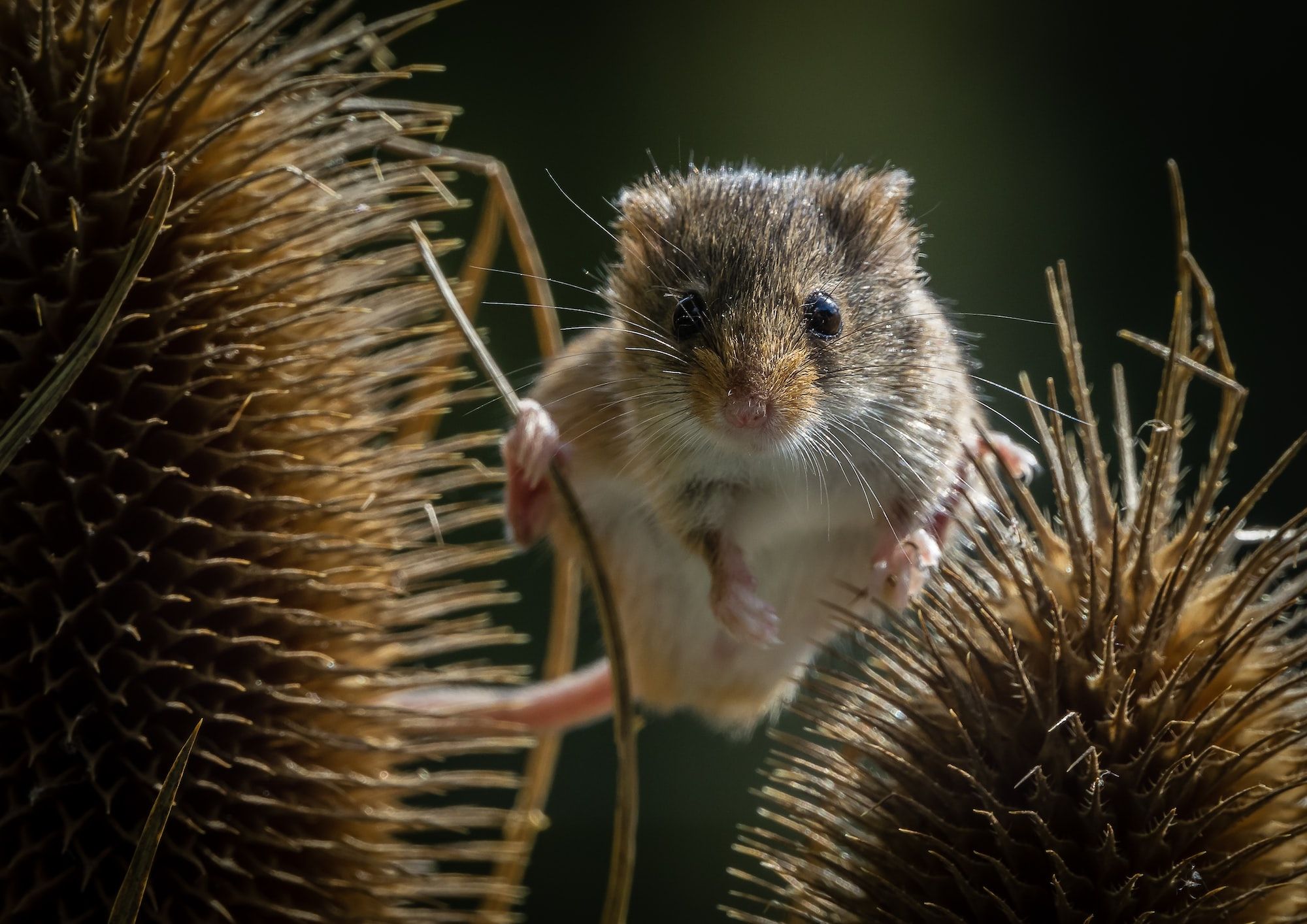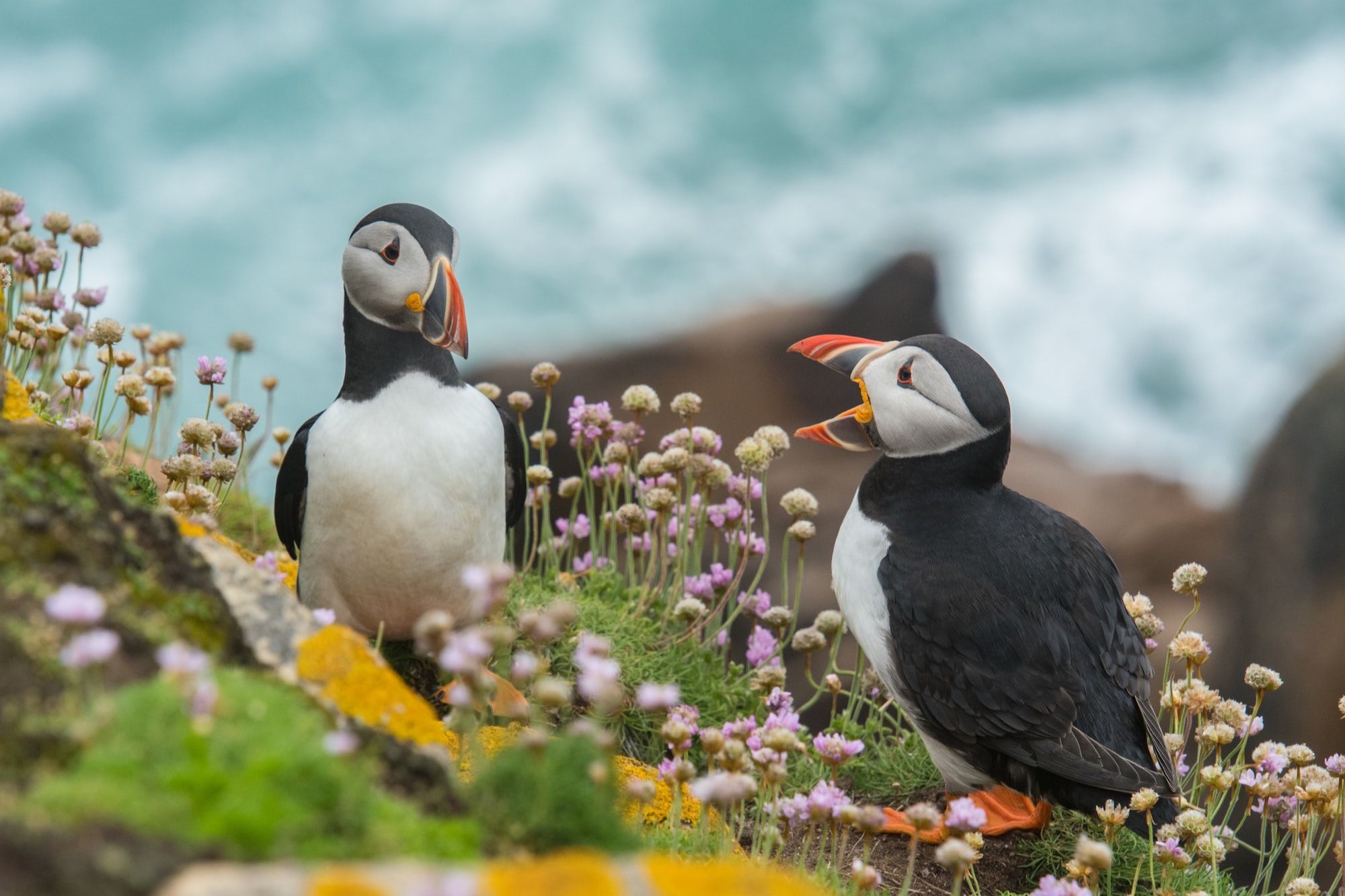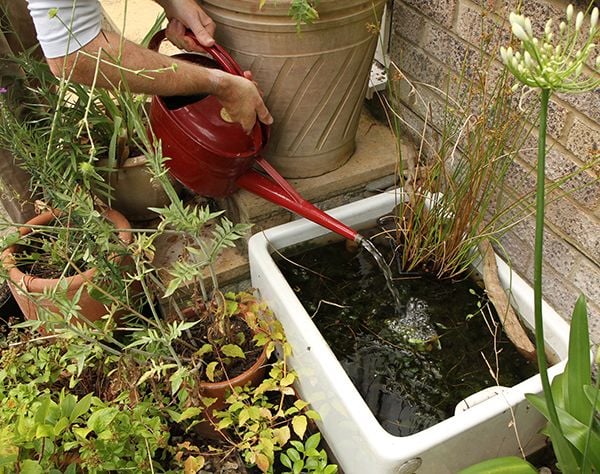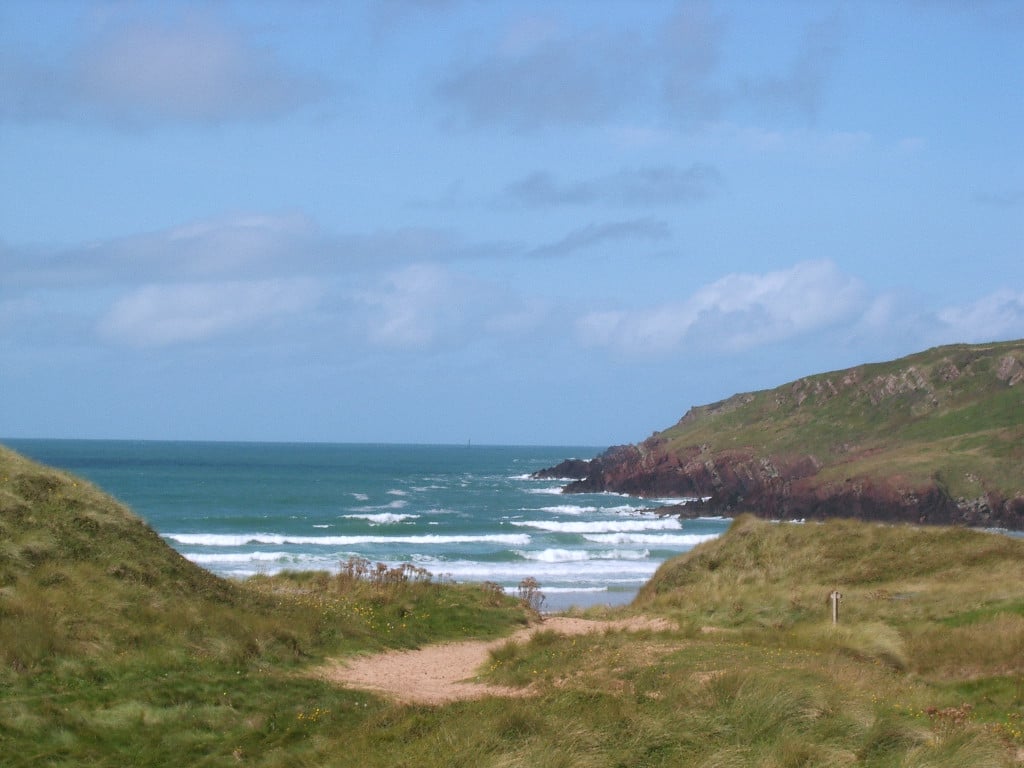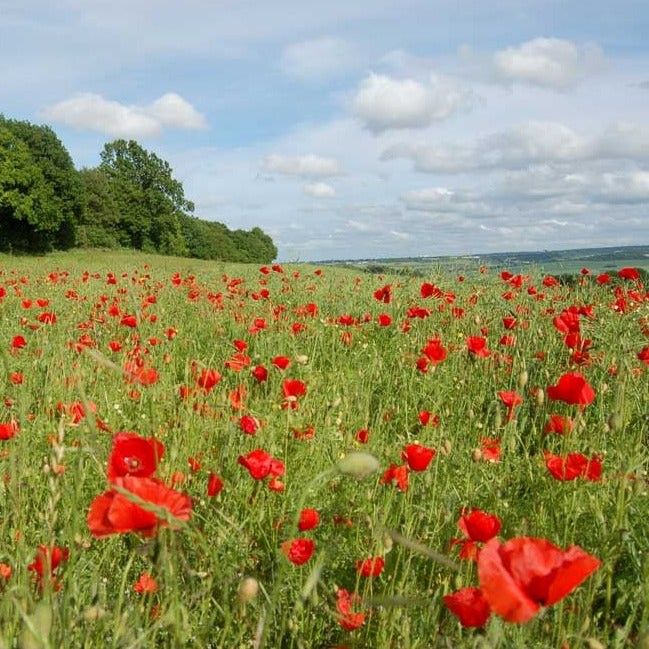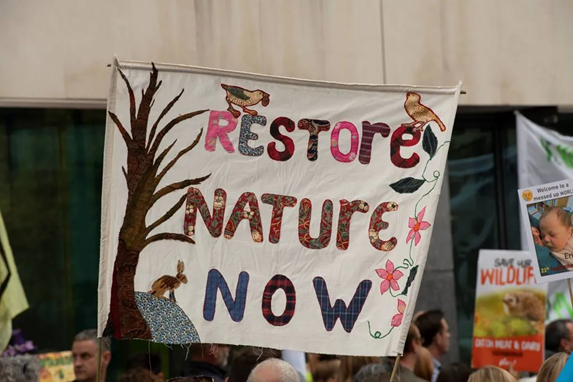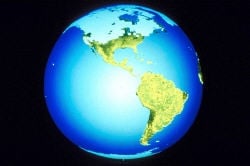11 ways to help wildlife
Watching programmes such Springwatch can fill you with a determination to help wildlife. But how? What can you do to help wildlife? This page has 11 ways to help wildlife and make a difference! And with the UK's General Election coming up (don't we all know it!!!), there are a number of things you can do to represent nature and wildlife and be their voice. Find out about that here.
1. Share what you've got with wildlife
Give them habitat yourself - share your space with them in the garden, on a patio or balcony. Plant wildlife friendly flowers, put in a mini-pond, let your grass grow, leave a log pile, use peat free compost, put out bird food, leave a corner of your garden a bit of a mess and plant a pot for pollinators such as bees & butterflies. Leave a 13 cm diameter hole in the fence for hedgehogs to pass through. And watch them arrive. Care for them. Feel a connection to them in your heart. Make your garden wildlife friendly
2. Volunteer
Volunteer your time and skills – everyone can do something. Get involved in a local community effort to help wildlife such a local park, or beaches. Join up with others making a difference and be a part of something bigger, like-minded people who want to do something positive and make a difference. It's a great feeling to know you've done something worthwhile with your time! The RHS has lots of community initiatives you can get involved in.
3. Take part in surveys & projects
The more a conservation charity knows about how a species is faring, the better placed it will be to be able to plan and implement a constructive strategy to help them. Surveys are vital to this - citizen science has a big part to play (that's when the public help the experts). Be a part of a joint effort.
There will be lots of events and awareness days taking part that you can get involved wtih such as the Great British Spring Clean. Our calendar at Animal Charities will give you ideas of events going on. They are a great opportunity to raise awareness of a species and efforts being made to help that species.
Donate
5. Making a donation can be beyond many of us right now, but don't forget that you can always donate space at home to wildlife (see 1 above). There are lots of wildlife charity appeals with an aim to purchase land to protect wildlife for ever. It's not just the land purchase - it's the aftercare and restoration, managing and caring that is involved as well. Even £3 will help nature. You can sponsor an acre, adopt a habitat, donate to an appeal....Get some ideas here
Perhaps you could do this as a gift for someone who loves nature. Many Wildlife Trusts give you the opportunity to do this. Many of us have everything we need, so adoptions like this make an idea and meaningful gift.
7. Become a member of a wildlife charity.
Membership is really important for charities. They have a far better idea of what funds are coming in, thus giving them more stability, and it also means they are in a position to respond to urgent needs and appeals.
Often wildlife charities will run “Become a Friend of” schemes rather than membership ones, where you donate say £3 or £5 a month. But membership schemes are a great way to stay informed of what’s happening, and you can usually sign up for an e-newsletter online for free if you prefer. Or do both!
Be a political animal! Wildlife need people power.
8. Stand up for wildlife and be a voice for them.
Wildlife have no vote in Parliament or local councils and no voice, so they need us to stand up for them and help them at a national, regional and local level. Please march for wildlife and nature on the 22nd June in Central London - find out all about the Restore Nature Now march here.
9. Join campaigns
Watch out for campaigns, petitions and appeals for support to stop development on areas that are important to wildlife.
10 Spread the word on social media.
Show people why it matters to you, and show the actions you’re taking. Show you care by taking action.
Having a go at a carbon footprint calculator is an interesting way to discover how your habits are impacting on the planet and all its wildlife. There may be things you aren't or can't willing to change - but it could be that in acknowledging that, you can do something positive to help wildlife by taking action elsewhere.
Appreciate how important nature is to us. Spend time in it, using your senses to deepen your understanding and appreciation of her beauty and strength and those who depend on her beautiful places. The more we all feel a connection to nature, the more we will want to protect her. Once gone, we cannot get her back.
Small groups create change
Remember, small groups can create change and really help wildlife. Just find one you want to join! We all need to believe that, together, we can make a difference. Here's to beavering away for wildlife!
